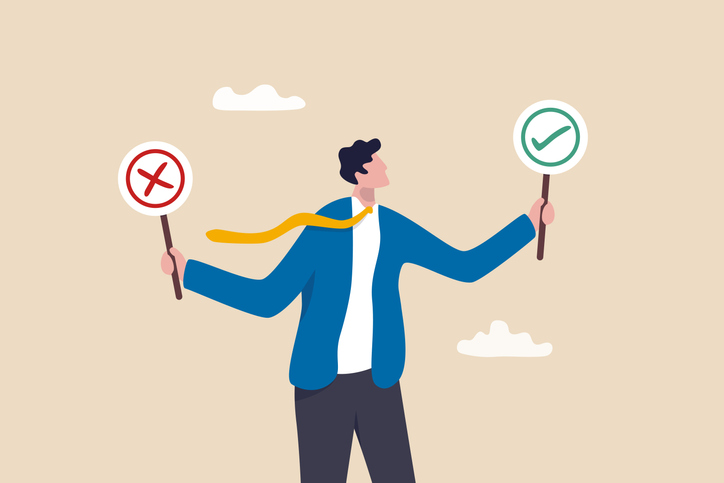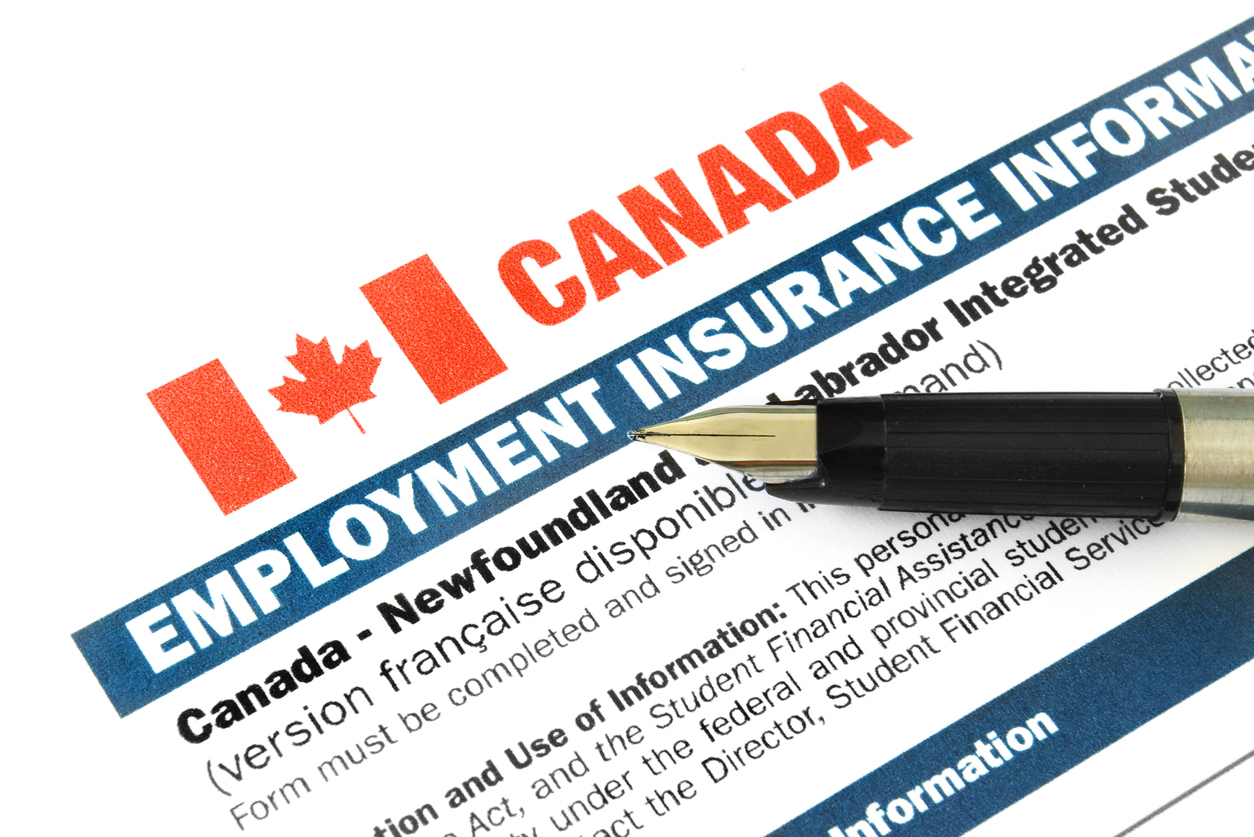Living with Chronic Pain
Coping With Applying for Disability Benefits

Some people who are disabled find themselves unable to work and must apply for disability benefits. They may struggle with the guilt of utilizing these benefits, not being financially stable, or the inability to provide for their family. People also tend to link their self-worth with the ability to work. Being disabled often causes shame due to expensive medical bills, not being able to contribute to the household, or being dependent on others.
U.S. Disability Benefits
In the United States, Social Security Disability Income (SSDI) provides a monthly benefit should an individual become disabled. To qualify for SSDI, an individual must not be able to perform any type of work. Families with a child who has a disability may qualify for SSDI.
Canada Disability Benefits
The Canada Pension Plan (CPP) disability benefit is a monthly monetary benefit for individuals who have a mental or physical disability that prevents them from substantially gainful employment. It is designed for individuals with long-term, indefinite-duration disabilities and individuals with grave or terminal health conditions.
Coping with the inability to work and applying for disability benefits
When individuals become unable to work and must apply for disability benefits, they often depend on others for financial support for a period. Typically, guilt, shame, embarrassment and frustration is experienced. Dealing with these emotions is crucial to avoid increased pain symptoms. Suggestions to cope with this include the following:
- Stop comparing. Most people have a tendency to compare themselves to others. This is unproductive and only increases negative emotions surrounding being disabled. Regardless of other people's careers and abilities, each person needs to do the best they can with what they have.
- Recognize emotions. Instead of bottling or dismissing emotions from the inability to work or applying for disability benefits, individuals should recognize negative emotions. This can raise self-awareness and produce change. Positive thinking can help deter these intrusive thoughts.
- Acceptance. Being disabled typically involves grieving life as it was once known. Shock, anger, fear and depression frequently follow. Accepting a chronic pain diagnosis does not mean giving into it. An individual may experience pain for the rest of their life, but they can control their reaction to it with treatment(s) and lifestyle changes. Acceptance takes time.
- Set goals. Dwelling on past work performances and earnings is unproductive and increases guilt. Instead, try setting new goals for the future. Old goals may need to change due to a disability; however, new goals are attainable.
- Reevaluate expectations. The inability to complete certain tasks does not make a person lazy. By setting realistic expectations, increased productivity and feelings of accomplishment occur. The inability to physically work does not define a person.
- Ignore uneducated comments. Many people have a belief that receiving disability benefits results in a large sum of money. Questions may arise and judgements may ensue. Uneducated comments about disabilities and benefits should be ignored.
Additional source: CreakyJoints and PsychCentral

















